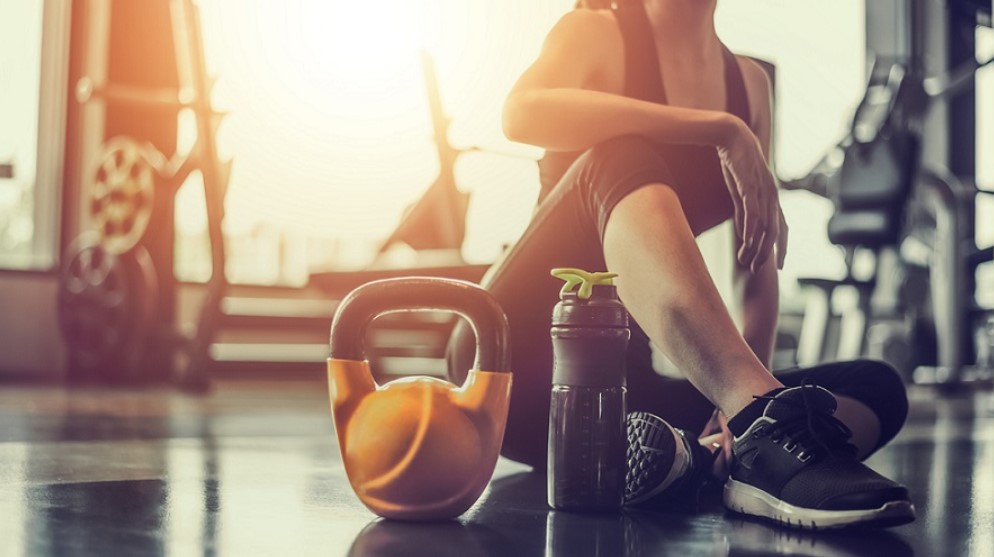Expert Offers Advice on Maintaining a Healthy Lifestyle Before, During and After Cancer Treatment
Kristie L. Kahl: Can you explain how maintaining a healthy lifestyle helps before a diagnosis, during treatment and beyond that?
Dr. Navya Nair: Absolutely. So maintaining a healthy lifestyle is just so important in all stages, cancer prevention, and even after a diagnosis and while someone's undergoing treatment. So a healthy diet. So well balanced diet with lots of fruits and vegetables, lean meats, getting regular cardiovascular exercise, avoiding toxins like tobacco, limiting alcohol use can reduce your risk of ever getting a cancer diagnosis. So for example, we know that tobacco use is directly linked to lung cancer risk. Having a healthy BMI reduces your risk of getting endometrial cancer. So these are how some of these healthy lifestyles can prevent you from getting a cancer.
Now, you also asked how this can help once someone has a diagnosis and they're in treatment. You know, having a healthy body allows you to get through some of these really tough treatments. And, you know, I often explained to my patients that a big cancer surgeries often is like running a marathon and having a really fit body before allows you to get through that better and have less complications. And much like surgery, chemotherapy, radiation, these are all things very tough on the body that having a strong body. And the other important part that I didn't talk about yet is having a healthy mind and having strong support systems outlets for stress and anxiety. In some kind of practice of reflection, whether you do yoga meditation, is mental health is just as important as physical health, especially when dealing with cancer.
Kahl: Absolutely. So from the exercise standpoint, we know exercise is good. But can you give some examples of how people can stay active because I think there's always a misperception that you know, we you need to run a mile or two miles but I think we can go simpler than that. So can you give us some examples for our patients?
Nair: Absolutely. Yes, so it's important to get a heart rate up. So however you like to do that. So for some people they like to run. Some people hate to run maybe you prefer to swim or both. Go for vigorous walks. Go for a bike ride. The goal is to get your heart rate up for 30 to 60 minutes about three to four times a week.
Kahl: Absolutely. And then similarly with diet, why is diet important when it comes to when you're in treatment, but also those long-term effects? And are there examples of the types of diets that our patients should be seeking?
Nair: So really, it's a well-balanced diet with, you know, balance of the different food groups. And certain things like if we're looking at patients, risks and outcomes related to surgery, having a healthy amount of protein in your diet improves your ability to recover from surgery. But the goal is really having a well-balanced diet and maintaining that as much as you can during and after treatment.
Kahl: Absolutely. And so to bring it all together, what is your biggest piece of advice for a patient with a gynecologic cancer who is maybe interested in making changes toward a healthier lifestyle, now that they've received a diagnosis?
Nair: I would say my biggest advice would be to pick one or two things that that you want to try to change. Don't try to change everything at once. Because it's too hard on any one person. So pick one or two things that you're interested in changing. Try to do that. It often works better when people make a change as a family unit. So if you are trying to eat healthier, or go for more regular exercise, try to make that a family activity, because it's more likely to stick if you do that together.
Transcription edited for clarity and conciseness.



:quality(70)/cloudfront-us-east-1.images.arcpublishing.com/tronc/WZGIWSRHQNAZ5B7LAEQTNUHSSI.JPG)